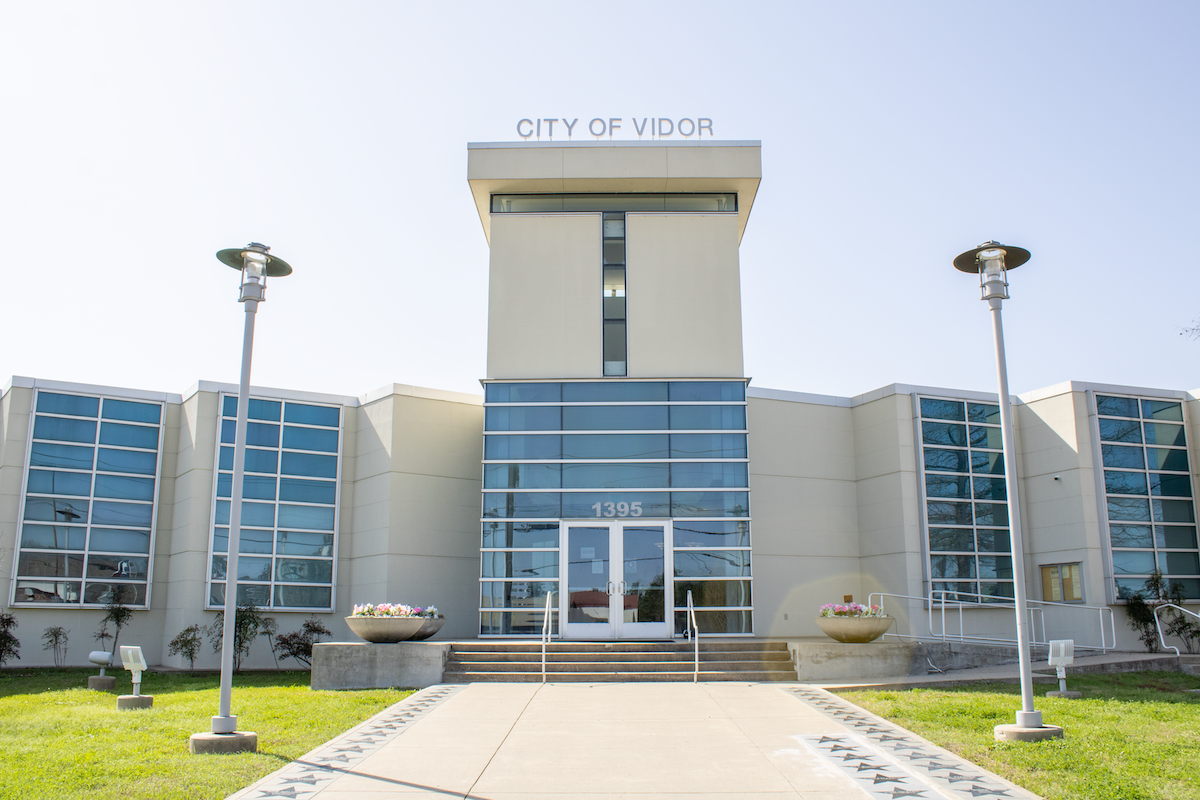Land battle, Japanese ‘monopoly’ dog high-speed train in Texas
Published 8:25 am Wednesday, February 22, 2017
By Kenric Ward
Watchdog.org
A leading Republican lawmaker and mad-as-hell landowners are throwing wrenches into Texas’ high-speed rail venture, even as President Donald Trump seeks to put the Dallas-Houston train on a fast track.
Trump, in a meeting with Japanese Prime Minister Shinzo Abe last week, affirmed a desire to fund bullet trains in the U.S. The Texas Central Railway made the president’s list of 50 top infrastructure projects.
The private Texas Central project is backed by the Central Japan Railway; Japanese N700 Series Shinkansen electric trains would run at speeds topping 200 mph.
Not so fast, says state Rep. Byron Cook.
“There should be real concern over TCR’s plan to use only Japanese Shinkansen rail technology. This technology is not compatible with other rail technologies, including all rail systems operating in Texas,” the Corsicana Republican said.
Cook said a tie-up with Shinkansen “would hold future generations of Texas rail customers hostage to a monopoly railroad technology with no competitive suppliers.”
Cook, a chief lieutenant to Texas House Speaker Joe Straus, asserted that incompatibility with existing railroad tracks in Texas cities means “TCR’s trains will not truly connect to the central city centers of Houston and Dallas and will fall short in their time-saving claim on travel because passengers will have to take secondary means of transportation, costing them more time and money.”
TCR touts 90-minute trips between Dallas and Houston, with a stop in College Station. Electronic billboards at Texas A&M University are already advertising service there.
Getting the track laid is far from assured, as landholders along TCR’s proposed routes battle the railway in court.
Lawyers for Texans Against High-Speed Rail argue that TCR is not a railroad company because Texas Central owns no tracks and does not operate passenger or freight service.
TCR sued Calvin House, who owns 440 acres in northwest Harris County, for refusing to allow surveyors onto his land. It is one of 38 pending lawsuits filed by Texas Central against not-in-my-backyard landowners, according to news reports.
“It feels like a bullet aimed at property owners,” Cook asserted. “They question whether they are being asked to sell their land under threat of eminent domain to a commercial real-estate venture or for the state’s master transportation plan for the future.”
In a statement, TCR said it will “not take possession of any land acquired through condemnation until the final alignment has been selected by the Federal Railroad Administration.”
The state has not taken a position on the venture.
Trump has expansive views on land taking, supporting the use of eminent domain for both public and private uses.
Meantime, Cook calls TCR’s private-funding pledge “disingenuous.”
“Despite TCR’s carefully nuanced claim of no tax funding for its operations, we have learned that federal taxpayer dollars could be at risk in financing TCR’s proposed $11 billion construction costs,” Cook said.
Tim Keith, president of TCR, recently softened the railway’s position by saying Texas Central may seek federal loan guarantees to help finance construction debt.
“Substantial public funding has been necessary across the world in order to both build and operate most conventional and high-speed passenger rail infrastructure,” Cook noted. “Subsequently, tax monies end up subsidizing such passenger rail services.”
“For TCR to say they will do better on the operational side is admirable, but as they currently have no previous railroad experience, this is an extremely ambitious and unproven claim.”
TCR says its Japanese partner, with a proven track record, brings the necessary expertise.
Still, Texas’ high-speed rail dream — now going on five years — is looking more like California’s older and yet-to-be-launched bullet train venture.
Barely half of the 1,606 parcels of land have been acquired for the first 118-mile segment there. Initial cost projections are 50 percent over budget and construction timetables are running seven years behind schedule.
Kenric Ward writes for the Texas Bureau of Watchdog.org. Contact him at kward@watchdog.org and @Kenricward.





